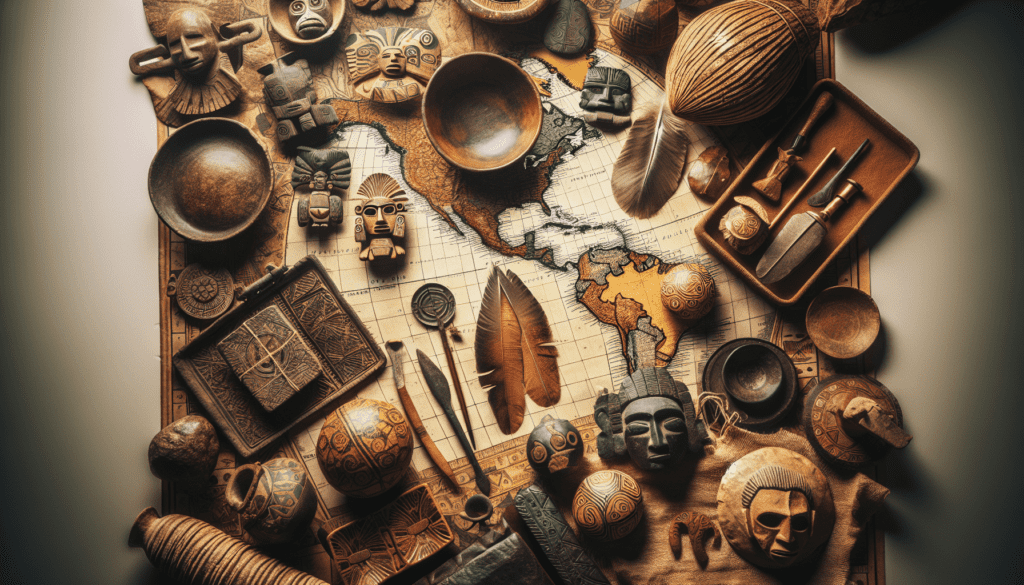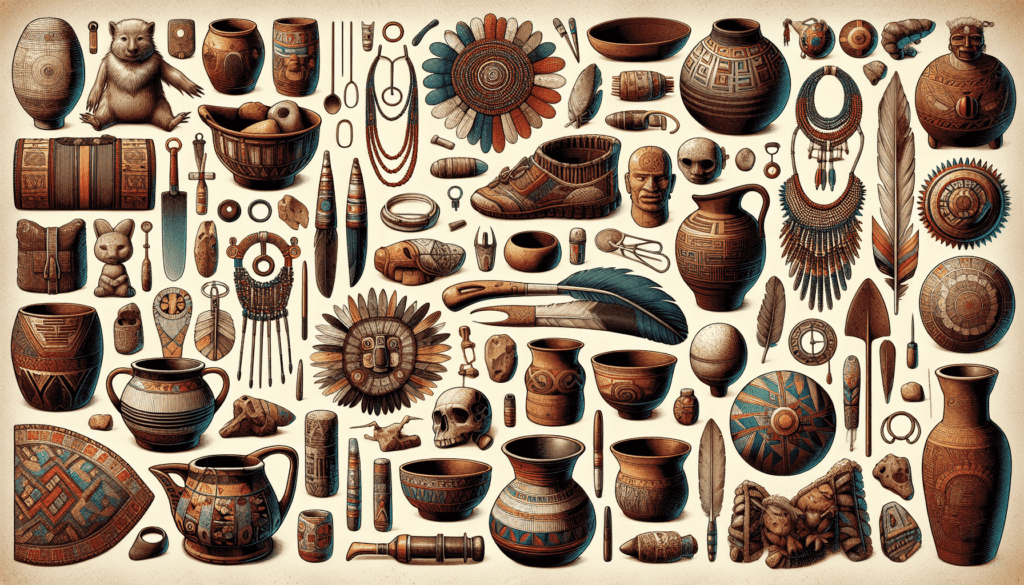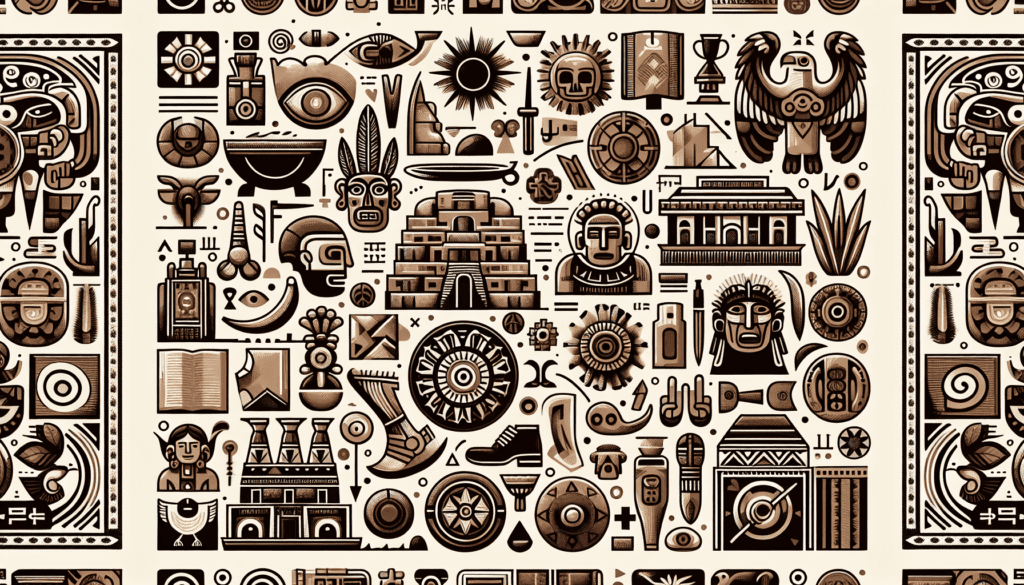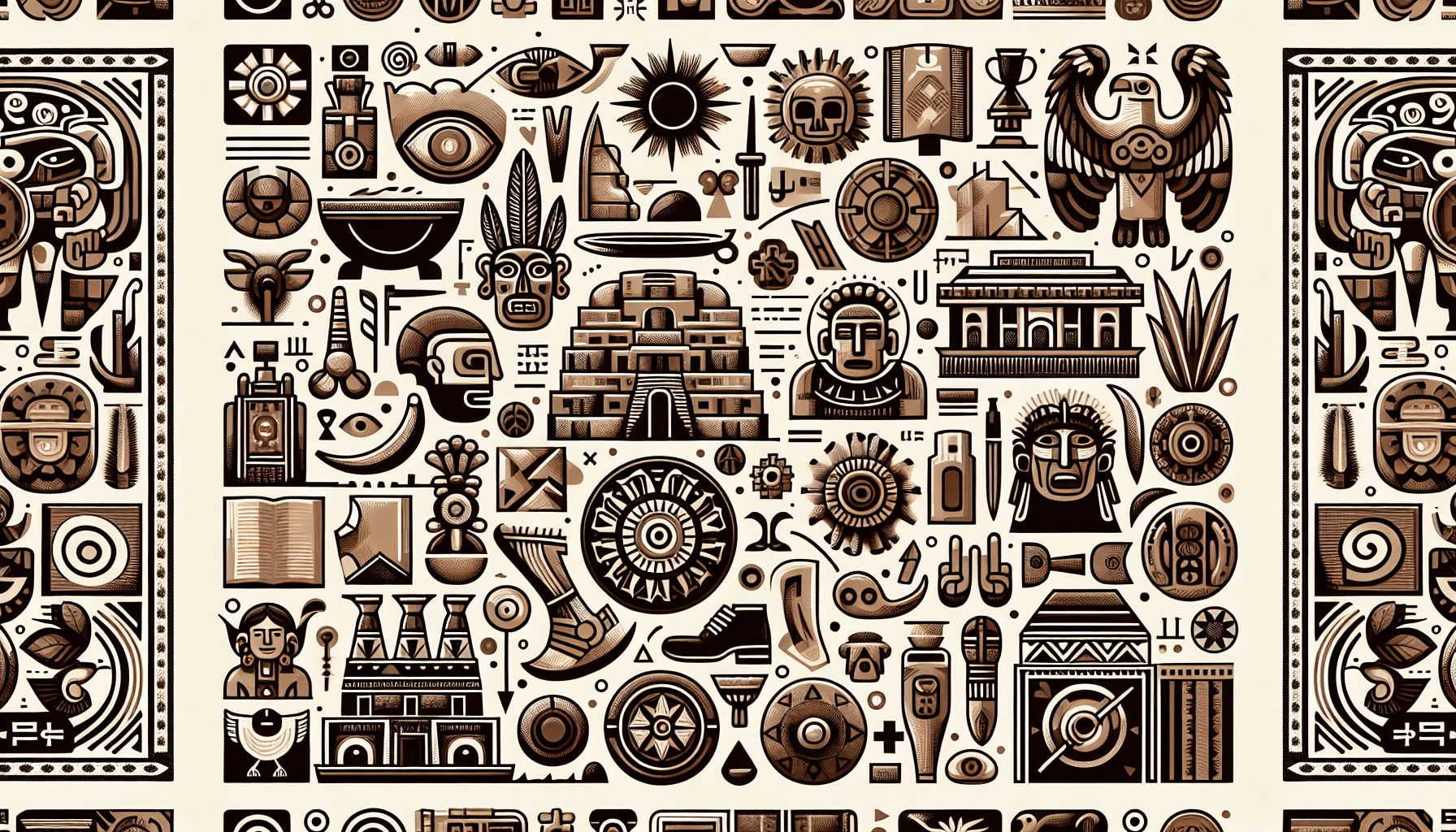Introducing the Master of Anthropology of the Americas (MAAA), an advanced academic program tailored for those with the curiosity to unravel the mysteries of culturally rich, diverse communities of the Americas. This program allows you to academically and scientifically explore the past and present of indigenous populations in North, Central, and South America. By offering an intersectional view of the socio-cultural, archaeological, and biological elements of anthropology, MAAA empowers you to delve deeper into the complex web of relationships, cultural exchanges, and evolution of communities within the American continents. Take advantage of this opportunity to expand your understanding and challenge traditional perspectives on the diverse history and cultures of the Americas.
Master Of Anthropology Of The Americas (MAAA)
Are you passionate about understanding the intricate history, culture, and society of the Americas? Have you ever wondered about the diverse socio-cultural fabric that binds the Americas together, and how it has transformed over time? Do you long to delve deeper into the burgeoning field of anthropology and its application to our understanding of the Americas’ past and present? If your answer to these questions is a resounding “yes,” then the Master of Anthropology of the Americas (MAAA) might just be the perfect program for you.

What is the Master of Anthropology of the Americas (MAAA)?
The Master of Anthropology of the Americas (MAAA) is a specialized postgraduate degree that focuses on understanding and analyzing the historical, social, cultural, political, and economic landscapes of the Americas. You’ll be diving deep into the nuanced study of native American cultures, early colonization, and the formation and changes in American societies until the present.
Aim of the Program
The program endeavors to equip you with the necessary skills and analytical thinking to evaluate and interpret anthropological data about the Americas. With a focus on research, critical thinking, and comprehensive understanding, the MAAA strives to produce scholars and practitioners well-equipped to contribute thoughtfully to academic discourse and policy-making.
The Relevance of Anthropology of the Americas
Understanding the anthropological aspects of the Americas is key in comprehending the region’s past and how it shapes the modern world. From the indigenous cultures of the pre-Columbian era to the profound societal shifts brought by European colonization and the complex socio-political realities of the present, the Anthropology of the Americas provides essential insights into the historical and contemporary dynamics of North, Central, and South American societies.
Contributions to Academia
In the domain of academia, anthropology has a significant role in shaping our worldview. With the MAAA, you will be helping to further expand this field of study. Notably, your research and findings could contribute to a broader understanding of the evolutionary trajectory of the Americas, incorporating perspectives often overlooked in Eurocentric histories.
Impact on Policy Formation
Governments, NGOs, international organizations, and corporations alike can gain valuable insights from the field of Anthropology of the Americas. Policies derived from a deep understanding of cultural anthropology can be more effective, sensitive, and sustainable. With an MAAA, you could influence policy in areas such as indigenous rights, cultural heritage, social justice, and environmental conservation, amongst others.

Course Structure and Curriculum
Typically, the MAAA is a two-year program, although part-time and flexible learning options are often available to accommodate the needs of different students.
Core Courses
Core courses for the MAAA tend to focus on providing a robust foundation in theoretical and methodological aspects of anthropology. You may explore topics such as cultural theory, ethnographic research methods, anthropology of religion, and political and economic anthropology.
Specialized Modules
These comprise courses that delve into specific aspects of the Anthropology of the Americas. You may cover areas like indigenous cultures and histories, colonial and post-colonial transformations, race and ethnicity in the Americas, and contemporary societal issues.
Research Project
In most MAAA programs, you will undertake a research project or dissertation. This provides the opportunity to engage in original research on a subject relating to the anthropology of the Americas that particularly interests you.

Career Prospects with an MAAA
Studying for an MAAA equips you with a range of versatile skills that are highly respected in today’s multifaceted professional landscape.
Academia
Your MAAA could lead to a PhD, paving the way for a career in academia. Here, you could conduct research, teach, contribute to knowledge, and potentially shape academic thought about the Americas’ anthropology.
Policy Making
You may work in a policy-making role in a variety of sectors and organizations. Owing to your in-depth understanding of the cultures and societies in the Americas, you could influence policies relating to social, economic, or environmental issues.
Heritage and Conservation
In the heritage sector, you could work in roles relating to the management and interpretation of cultural heritage, whether in museums, government bodies, or NGOs.
Private Sector
Organizations in the private sector value the unique perspective and critical thinking skills that an anthropologist can bring. Roles here might include cultural consultancy, market research, public relations, or corporate social responsibility.

Conclusion
The Master of Anthropology of the Americas (MAAA) provides an unparalleled opportunity to deepen your anthropological knowledge and understanding of the Americas. Through a combination of core and specialized modules, you will acquire the skills and perspectives necessary for a variety of career paths. Whether you aspire to work in academia, policy-making, cultural heritage conservation, or the private sector, an MAAA could be your stepping stone towards success.
Whether it is to comprehend the past better or influence the present and future, the MAAA offers tools to navigate, contribute to, and shape the diverse and dynamic landscape of the Americas.

